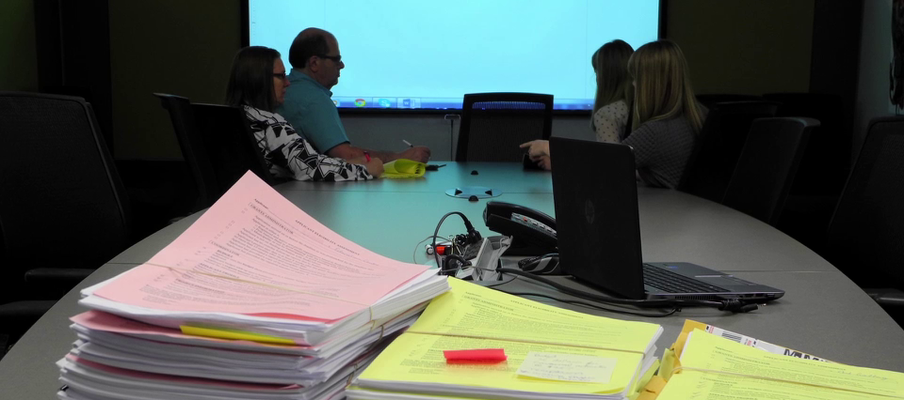
Volunteer Peer Assessors Offer Diverse Perspectives and Experience
In this issue
 Engage - Volume 13, Issue 2, Spring 2023
Engage - Volume 13, Issue 2, Spring 2023
April Sora, a SaskCulture volunteer, contributes to the diversity of perspectives needed to ensure integrity in funding decisions.
Sora, Immigration, Diversity and Inclusion Consultant, City of Saskatoon, is one of 20+ community volunteers who make up Peer Assessment Panels that review and assess grant applications made to SaskCulture funding programs.
When asked about her experience being part of funding decisions, Sora says that there are “quite a few advantages to the way that SaskCulture administers its grant adjudications. I think it’s very important for community members to be a part of it — you get a broad variety of perspectives,” she says.
The majority of funds distributed by SaskCulture, proceeds from the Sask Lotteries, are reviewed and allocated by volunteer community members. This peer assessment model involves bringing together people from the cultural sector with different perspectives to identify cultural activity that contributes to building a culturally vibrant province.
Dean Kush, CEO, SaskCulture, says that as a community-based non-profit organization, it’s important that grant assessment creates confidence in the community and that funds are meeting the needs of Saskatchewan people.
“When we bring together people from all over the province, who are involved in their communities and involved in cultural activity, they have a better understanding of what is needed,” he says. “When they review grant applications, they understand how the proposed activity is going to work in their community. They see the value of it, and can identify potential issues.”
Members of the peer assessor pool adjudicate particular funding programs based on their cultural and subject-matter experience. For example, diverse voices from the heritage sector will adjudicate funds in the Museum Grant Program and an all-Indigenous panel will adjudicate the Aboriginal Arts and Culture Leadership grant.
Sora has volunteered as part of SaskCulture’s peer assessor pool for five years. In this time, she has seen how having a variety of perspectives at the table can open the door for informed discussions.
Though it can be time-consuming to go through all the applications in a funding round, she says that taking part in these sessions has been a rewarding way to stay connected to cultural activity in the province.
“I think it is a very important role; you really need to put the time in,” Sora says. “You learn about organizations, you learn about different projects, and you learn about different perspectives from the other adjudicators. You also create a network with the people you meet, and you can learn from them as well.”
Kush says that peer assessors who bring their “knowledge, perspective and cultural identity” to the role are the very basis of SaskCulture’s funding operations. “Volunteers do it because they believe that Sask Lotteries and the funding that goes to communities is making a difference. They’re doing it because they feel like it’s important for Saskatchewan.”

